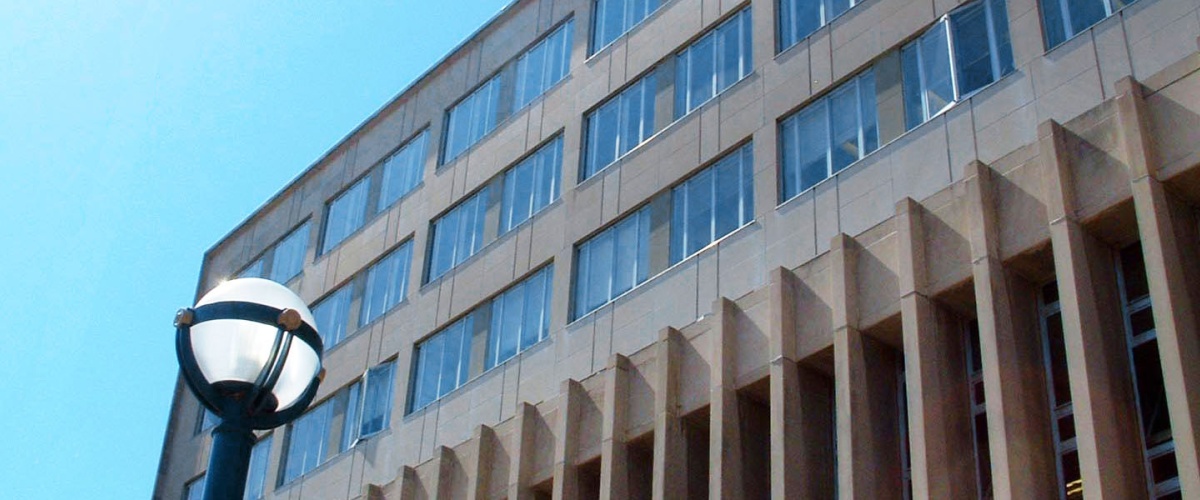
Family Definition
postedHi Everyone,
Family Definition Revision
At tomorrow's Council meeting on Tuesday, February 28, we will vote on the proposed revisions to the Family Definition policy in the City's zoning ordinance. It's been a contentious matter, with no shortage of heated debate. Some opponents of this change have characterized renters as being inherently less attentive to neighborhood norms. I find this troubling. It's one thing to recognize home ownership as a valid means of building generational wealth, it's another thing altogether to suggest that social cohesion and social responsibility are contingent upon home ownership.
We are a renter majority city. Some are renters because they cannot afford the requisite downpayment. The City does have a robust program to assist first-time home buyers, a program that includes homebuyer education to improve credit scores as well as subsidies to defray the cost of the downpayment. I've supported this in the past and will continue to do so in the future. But it's important to remember that some people choose to be renters and that this choice doesn't in any way make them second-class Madisonians. To suggest otherwise betrays a prejudice in favor of homeowners, one that is not warranted.
There's also been a fair amount of hyperbole suggesting this change will "destroy" our neighborhoods due to out-of-state equity firms moving aggressively to purchase single-family homes and convert them to rental properties. We have seen evidence of this type of investment in Milwaukee, but only with respect to lower-valued properties, mostly under $100k. We have few such properties here.
Nonetheless, we have a profound housing shortage in Madison, and I remain concerned that this change could incentivize local and regional real estate investors to step up their purchase of properties to convert to rentals. The pressure will likely be greatest in the residential areas that are considered desirable due to their proximity to the UW campus and large downtown employers. I am worried about the impact this would have on the housing mix in neighborhoods like Greenbush, which currently has an owner-occupancy rate of just 25%, roughly half the city average.
Accordingly, District 5 Alder Regina Vidaver and I have introduced an amendment to the proposed revision of "family definition" to limit unrelated individuals renting in portions of campus-adjacent neighborhoods to 3 -- up from the current 2, but down from the proposed 5 -- with a sunset of these provisions to take effect on January 1, 2026. The rationale for this amendment is to counter the anticipated spike in housing speculation, and the rationale for the sunset is the significant number of housing units currently in the pipeline that would appreciably address the surfeit of demand.
My concerns, however, go beyond the neighborhoods in District 13 and District 5. Staff and supporters of the proposed change stand firmly on the principle of rooting out discrimination from our zoning code. I am sympathetic to this argument. However, I am concerned that staff and those in favor of these changes have been nonchalant, if not dismissive, of potential economic impacts.
Specifically, I am concerned about the impact the proposed change will have on households currently renting in lower-income neighborhoods where there are large numbers of rent-burdened residents. We do not have rent control in Madison. Will this change create an incentive for landlords to raise their rents? Will the single mom with three kids find herself priced out of her home due to a substantial rent increase?
In November 2019, city staff released a report called Equitable Development in Madison: An Assessment of Factors Contributing to Gentrification and Displacement. The document includes maps showing portions of the City facing pressures that tend toward housing insecurity. It's worth noting these maps overlap in large part with areas of the City zoned under the current family definition. Should the proposed change in family definition occur, and it very likely will, it will be important to track data and explore policy initiatives to mitigate downstream impacts.
An example of such a policy could be found by looking to the city of Austin, TX. Last year, Austin spent $65 million to reduce displacement near future transit lines. The money for this investment came from a $300 million anti-displacement fund approved by Austin voters in November 2020 as part of their $7.1 billion transit expansion. Granted, Austin is a much bigger city, roughly four times the size of Madison. However, changing the family definition policy is a reversal of previous downzoning, which, when combined with our other two recent upzoning measures – first in June 2021 and then recently with the TOD Overlay -- arguably adds impetus to the speculative impulse that fundamentally animates the real estate market. Are we prepared to deal with this? Are our current investments in land banking, for example, at $3 million per year, sufficient to counter vulture capitalists who care little about housing justice?
It's worth nothing all this upzoning, including the current proposal, have been widely lauded by the local real estate lobby. But a deregulated market alone will not suffice. Yes, we need more housing at all price levels, and we need more housing choice for all Madisonians, but it's important to remember we cannot build our way out of our current housing crisis. Affordability must be subsidized as the free market simply is not capable of providing affordable housing for those who need it. (Note: I'm pleased that two new affordable housing projects are on the horizon for District 13. I'll write more about these later.)
Lastly, I've been encouraging residents at D13 neighborhood meetings to be more supportive of infill development along the main corridors of Monroe, Regent and South Park. And it's also a good idea for all of us to be more welcoming of our neighbors whether they be renters or homeowners. Amid impassioned debate, there's something to be said for old-fashioned kindness as we face the challenges of a rapidly growing city.
Take care and stay safe,
Tag
